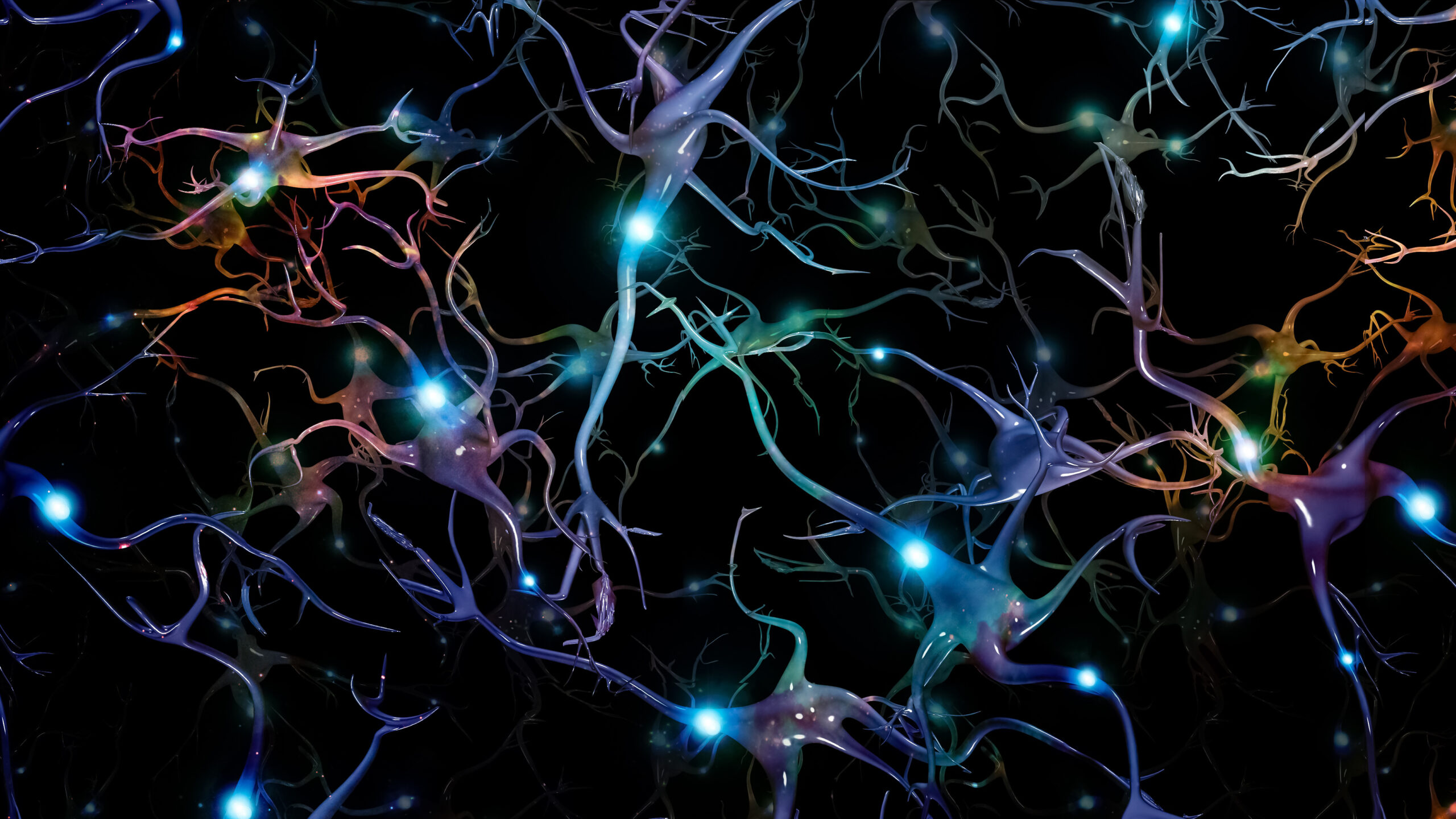Investigating how digital transformation is reshaping Alzheimer’s diagnostics
**How Digital Transformation is Revolutionizing Alzheimer’s Diagnostics**
Alzheimer’s disease is a complex condition that affects millions of people worldwide. For a long time, diagnosing Alzheimer’s has been a challenging and time-consuming process. However, with the rapid advancement of digital technologies, the way we diagnose Alzheimer’s is undergoing a significant transformation. In this article, we will explore how digital transformation is reshaping Alzheimer’s diagnostics.
### Early Detection with Advanced Digital Cognitive Assessments
One of the key areas where digital transformation is making a significant impact is in early detection. Neurogen Biomarking, a company dedicated to memory loss, has collaborated with Linus Health to integrate advanced digital cognitive assessments into their ecosystem. These assessments can identify high-risk individuals and determine their eligibility for further evaluation. This is followed by an easy-to-use at-home blood biomarker collection test that measures phosphorylated tau (p-tau) 217, a specific marker for Alzheimer’s disease pathology[1].
### The Role of Virtual Reality and Artificial Intelligence
Virtual reality (VR) and artificial intelligence (AI) are also being explored as potential tools for early detection. A recent review highlighted the potential of VR and AI in identifying preclinical cognitive markers of Alzheimer’s disease. Verbal episodic memory, executive functions, and processing speed are identified as sensitive preclinical markers. AI algorithms offer a multidimensional approach to early neurocognitive disorder diagnosis, while VR can simulate real-world environments to evaluate subtle deficits in cognition[2].
### Precision Medicine and Machine Learning
Precision medicine is another area where digital transformation is making a significant impact. Researchers are using machine learning models to predict early Alzheimer’s disease. For example, a study developed a tau Seed Amplification Assay (Tau-SAA) that can accurately detect tau pathological aggregates in patients’ samples. This assay has immense potential for high-sensitive and accurate detection of tau pathology, which is a defining characteristic of Alzheimer’s disease[3].
### Digital Pathology and AI-Driven Insights
Mayo Clinic is also at the forefront of digital transformation in pathology. Their Digital Pathology platform leverages AI-driven insights to accelerate diagnostics and enhance precision medicine. By digitizing and harnessing the power of vast datasets, Mayo Clinic is helping pave the way for faster medical breakthroughs and better treatments. This collaborative effort between Mayo Clinic and Aignostics is a prime example of how digital transformation can revolutionize patient care[4].
### Explainable AI for Neuroimaging
Artificial intelligence is not just limited to machine learning models; it also includes explainable AI (XAI). XAI techniques help understand model behavior and the influence of features, making it easier to trust AI-driven predictions. A study using T1-weighted MRI to train models on Alzheimer’s disease classification and predicting conversion from mild-cognitive impairment to AD showed that XAI outputs highlighted brain regions relevant to AD and contained useful information for MCI prognosis[5].
### Conclusion
The digital transformation of Alzheimer’s diagnostics is a promising development. Advanced digital cognitive assessments, VR, AI, precision medicine, and explainable AI are all contributing to a more accurate and efficient diagnosis process. These technologies not only help in early detection but also provide valuable insights into the progression of the disease. As research continues to advance, we can expect even more innovative solutions to emerge, ultimately improving the lives of those affected by Alzheimer’s disease.
By combining cutting-edge technologies with comprehensive care ecosystems, we are moving closer to a future where Alzheimer’s diagnosis is faster, more accurate, and more personalized. This shift towards digital diagnostics is not just about technology; it’s about empowering patients and their families with timely and accurate information, guiding them every step of the way in their brain health journey.





